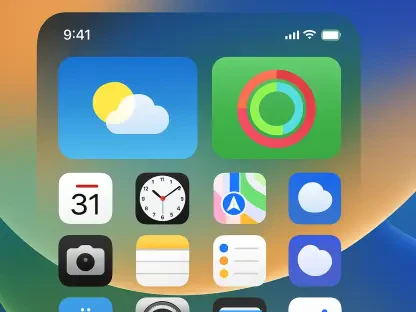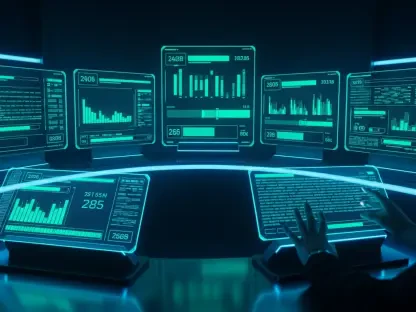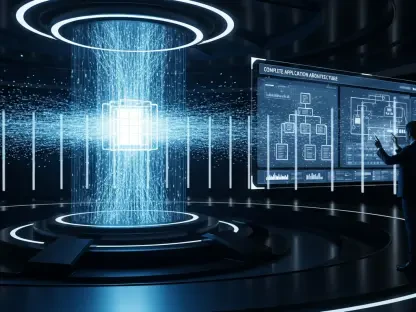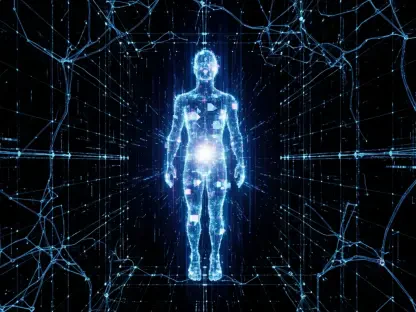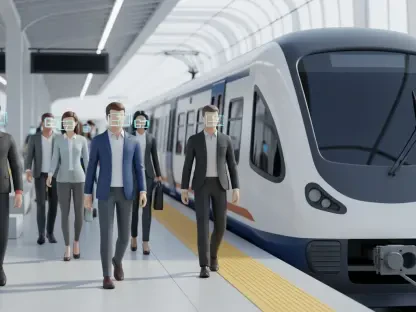Why Did Mortal Kombat: Onslaught Shut Down After Just One Year?
Mortal Kombat: Onslaught, a free-to-play mobile game released to celebrate the iconic franchise’s 30th anniversary, has been unexpectedly pulled from the App Store and Google Play after only a year. Announced in October 2022 and subsequently launched a year later, the game is set to officially shut down on October 21, 2024. In-game purchases will cease as of September 23, giving fans some time to play, albeit without the option to make any new purchases. Despite the devoted fanbase and initial excitement surrounding the game, this rapid turnaround has left many players puzzled and disappointed.
Developer Communication and Community Response
One of the more glaring aspects of Onslaught’s shutdown is the developers’ lack of response to the community’s requests for compensation or farewell in-game rewards. The silence from the developers suggests that there may not be any planned events or rewards to mark the game’s closure, a decision that contrasts sharply with the continued vibrancy of NetherRealm Studios’ other offerings. This is especially apparent when considering the ongoing success of Mortal Kombat 1, which remains available on multiple platforms like PS5, Xbox Series X/S, PC, and Nintendo Switch. Mortal Kombat 1 even recently featured at the Evo 2024 tournament, highlighting new DLC characters and Kombat Packs in a show of enduring popularity.
The Broader Mortal Kombat Landscape
The shutdown of Mortal Kombat: Onslaught does not reflect the overall health of the Mortal Kombat franchise, which continues to thrive and engage a devoted fanbase. The stark difference in reception and longevity between the mobile game and its more established console counterpart illustrates the challenges and competitive nature of the mobile gaming market. While Mortal Kombat 1 ceaselessly grows, introducing new content and remaining a staple in eSports competitions, Onslaught’s inability to sustain its initial momentum highlights the difficulties faced by mobile games in retaining a long-term player base. This dichotomy within the same franchise underscores how platform and delivery method can significantly impact a game’s reception and lifespan.


